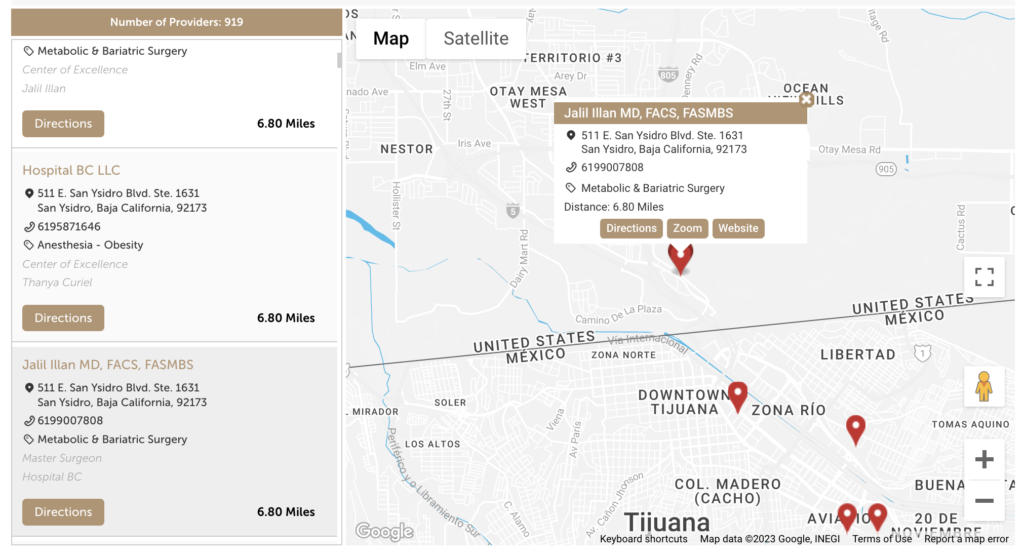Bariatric surgery like gastric sleeve will help you lose weight faster.
For example, a gastric sleeve revision is a procedure to reverse the effects of a previous gastric sleeve surgery. Removing the band and staple line from the stomach and reverting to the standard structure and size is possible, but this process is very complex.
Read more: Is the Gastric Sleeve Reversible?
A weight loss surgery reversal is possible for many people, but it’s essential to understand the risks and potential side effects before deciding. We will explain the possible options below.
Factors That Affect the Reversibility of Bariatric Surgery
Bariatric surgical treatment is designed to be an everlasting answer for weight loss. However, it can be reversed if necessary.
While the procedure may additionally no longer be as easy as having the system in the first place, countless elements affect how convenient it will be to reverse bariatric surgery.
1) Complexity
The complexity of the initial surgery is the most critical factor in determining a bariatric procedure’s reversibility. Gastric sleeve procedures are usually easier to reverse than gastric bypasses because they involve less complex surgical techniques.
This is because gastric sleeve procedures involve only the removal of a portion of the stomach, while gastric bypasses require more intricate rerouting and reconfiguring of the digestive system. The complexity of the initial surgery also affects how much restorative work is needed for a successful reversal.
2) Weight Gain
Weight gain is another critical factor impacting the decision to reverse bariatric surgery. In cases where there is a significant amount of weight gain, consider reversing the procedure. Excess weight can cause additional health problems or worsen existing medical conditions.
Weight acquisition can additionally lead to troubles with mobility and existence in general. While surgical intervention for weight loss no longer assurance long-term success, it is regularly an advantageous technique for reaching lasting results.
3) Underlying Health Conditions
Additionally, underlying fitness stipulations can be essential in determining whether bariatric surgical treatment ought to be reversed. For instance, positive scientific prerequisites may make the manner complex or too volatile to complete, requiring reversal.
For example, suppose an affected person has a record of coronary heart ailment or diabetes. In that case, this can make their chance probable for issues and make it hazardous for the health practitioner to proceed with the surgery. It’s necessary to discuss any present clinical prerequisites with your physician earlier than intended with a bariatric surgical operation.
4) Diet and Exercise
The most profitable bariatric surgical treatment results end change from a long-term dedication to healthful consuming habits and bodily activity. If you have undergone a bariatric procedure, adhering to your doctor’s food plan and exercise guidelines is critical to preserve the choicest weight loss results. If you are experiencing an add-on to weight regardless of following a wholesome lifestyle, this may additionally point out that bariatric surgical treatment must be reversed.
Types of Reversible Bariatric Surgery
Reversible bariatric surgery includes gastric bypass, adjustable gastric banding, and biliopancreatic diversion. Gastric bypass involves creating a smaller stomach pouch to reduce the amount of food eaten once. This helps patients to feel full faster and lose weight in the long term. Adjustable gastric banding is a procedure that uses an adjustable silicone band to separate a portion of the stomach from the rest of it. This helps to reduce hunger and control calorie intake.
Contact Dr. Jalil Illan for the best gastric bypass in Tijuana, Mexico. Our team knows that bariatric surgery is a critical decision, and we help our patients with the best options. We also suggest the best reversible surgeries to help surgeons provide essential information.







